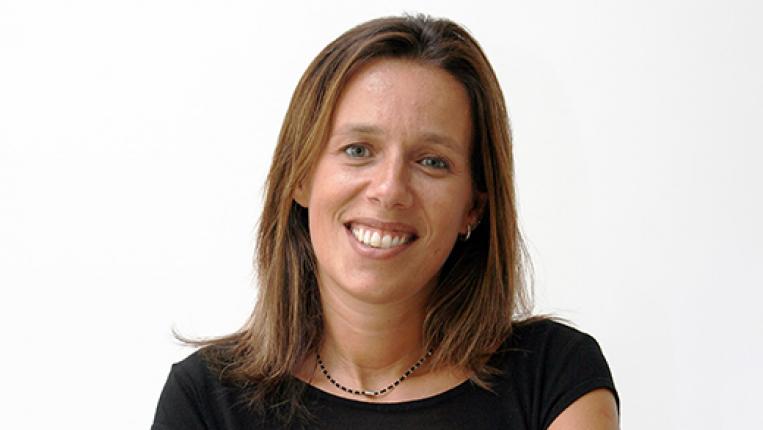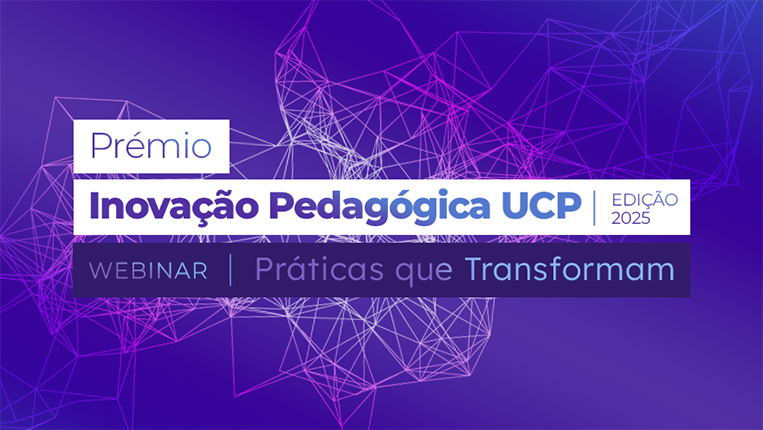With a curious mind and an unwavering passion for the mysteries of the human brain, Paola Huljić, a Psychology student from the University of Zagreb, Croatia, spent the past two months delving into the world of neuroscience research at the Human Neurobehavioral Laboratory (HNL) – one of four Research and Community Outreach Units of the Research Centre for Human Development (CEDH), based at the Faculty of Education and Psychology of the Universidade Católica Portuguesa, in Porto.
Currently in the final year of her undergraduate degree, Paola came to Portugal with a clear goal: to deepen her understanding of brain function and human behaviour in a setting that combines academic rigour with hands-on research experience. What she discovered at the HNL exceeded all her expectations.
“I’ve always been fascinated by the brain and human behaviour,” she shares. “When I heard about the opportunity at HNL, I knew it was the perfect chance to put theory into practice in a real research environment.”
From theory to practice: a comprehensive experience in neuroscience
At the HNL, no two days were the same. As an intern, Paola collaborated on a variety of activities that included literature reviews and data organisation, attending hospital-based seminars, and co-developing innovative research materials — all within a dynamic, interdisciplinary, and highly collaborative environment. Each task provided valuable insights into the intricate connection between brain structure and behaviour.
While the scientific experience was deeply rewarding, what made the internship truly memorable, according to Paola, were the people.
“The HNL team was incredibly welcoming and inclusive. I felt like part of the group from the very beginning. The researchers were always available to answer questions and share their expertise,” she explains.
For Patrícia Oliveira-Silva, Director of HNL and supervisor of the international internship, welcoming students like Paola is central to the laboratory’s mission: “At the heart of our work lies the commitment to transforming curiosity about neuroscience into applied, interdisciplinary knowledge with real human impact. The presence of Paola — and so many other international students — only strengthens the mission that drives us every day.”
“Our entire team is always enthusiastic about hosting interns, and we are particularly excited to welcome inquisitive minds that cross borders in search of learning,” she adds.
A chance to discover Portugal
For Paola, the cultural aspect of the internship was just as enriching as the academic one. She quickly adapted to life in Porto, which she describes as a vibrant city full of personality and genuinely warm people.
“Exploring Portugal was amazing. But more than that, working in a different cultural context helped me grow. It was a challenge that pushed me to adapt, become more independent, and step outside my comfort zone,” she reflects.
Throughout her two-month placement, Paola gained a deeper understanding of brain anatomy and function, particularly in the context of neuropsychology. Working in an international, interdisciplinary environment also enhanced her communication skills and ability to adapt to different contexts — lessons she believes will shape her future, whether in academic research or clinical neuropsychology.
“My internship at HNL confirmed my interest in neuropsychology and research. It gave me a practical perspective on how psychology research is conducted, and I believe it will help me move forward with greater confidence,” she notes.
For the HNL director: “Paola’s account reminds us that knowledge is not built solely from books, but from teamwork, human relationships, the effort of applying knowledge, and the openness to experiences that challenge us to go beyond the familiar.”
Now back in Croatia to complete her degree, Paola Huljić’s experience stands as a testament to the value of international academic opportunities — and to what becomes possible when curiosity meets collaboration, across borders.










